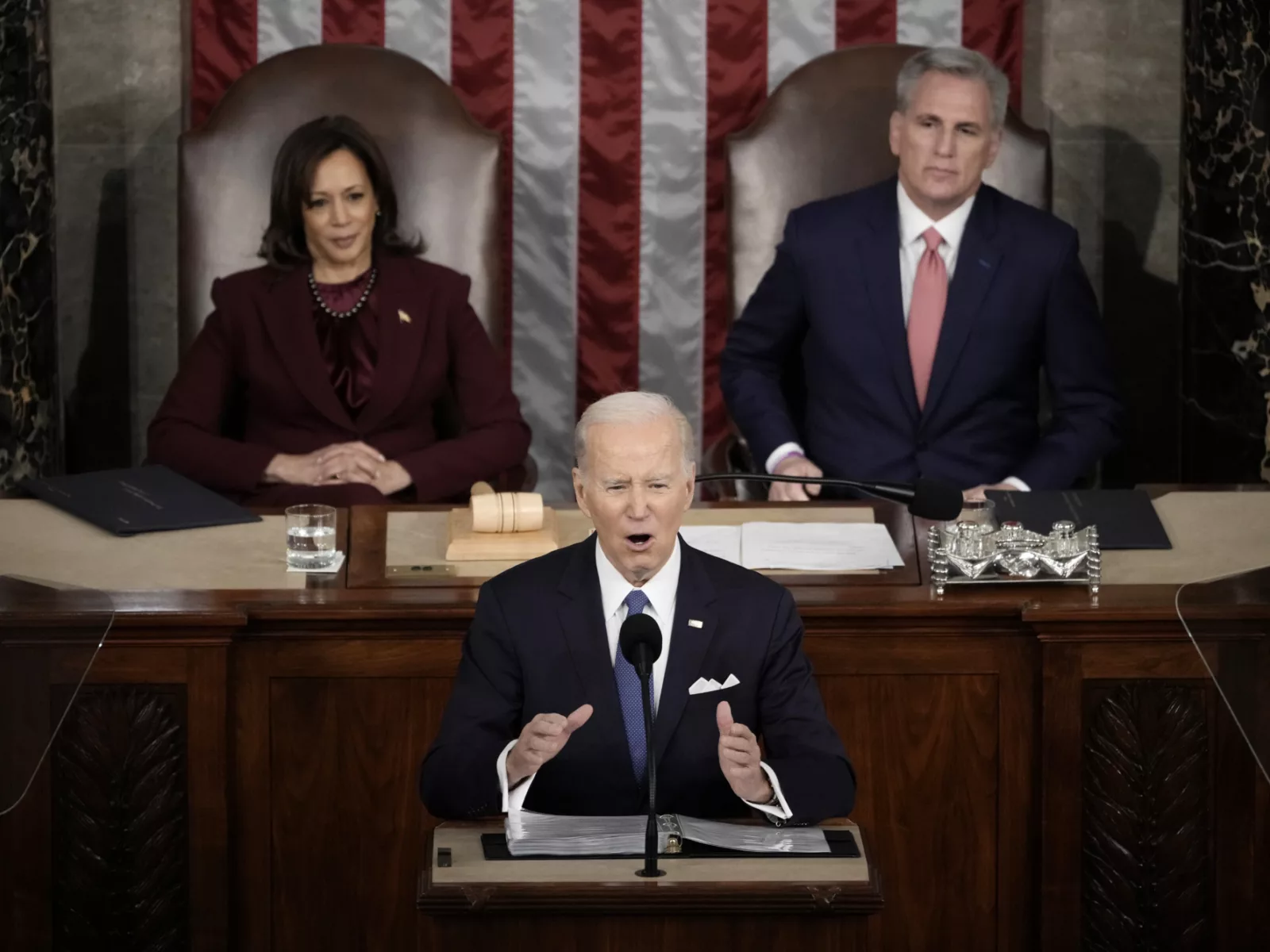When the U.S. Supreme Court upheld Arkansas’s ability to regulate pharmacy benefit managers (PBMs) in a surprise unanimous ruling last year, it cleared the way for states to take a more aggressive stance against pharmaceutical industry middlemen who contribute to the problems resulting in escalating drug prices and spending.
The case, Rutledge v. Pharmaceutical Care Management Association, hinged on the question of whether a 2015 Arkansas law that sought to regulate PBM drug reimbursement rates could stand. It landed in the highest court in the land after the PBM lobbying group, Pharmaceutical Care Management Association, filed suit, claiming the law was pre-empted by Employee Retirement Income Security Act (ERISA) of 1974, and therefore should be tossed out.
The ruling lays the foundation for how far states can go in taking steps to bring down drug prices — an increasingly important authority amid rising pharmaceutical costs and spending, as well as budgetary pressures caused by the pandemic and economic slowdown.
Here’s what you need to know about the case and its implications for states:
What are PBMs?
PBMs are powerful and influential industry players that act as a link between pharmacies and health plans. They run mail-order prescriptions, process claims, disburse drugs and contract with pharmacies to create pharmacy networks.
These companies also establish the maximum rate health plans will reimburse pharmacies for dispensing generic drugs purchased from wholesalers (the so-called Maximum Allowable Cost list, or MAC), giving them tremendous authority to influence drug prices paid by consumers. In addition, many of the nation’s largest PBMs have financial ties to national retail pharmacy chains, further consolidating their market power and influence.
What the Arkansas Law Does
Arkansas’s law seeks to ensure pharmacies don’t lose money selling generic drugs and prevent PBMs from “steering” business to their own pharmacies by paying themselves more.
The trade group PCMA argued that ERISA — the federal law that sets minimum standards for most private plans in the U.S. — preempts states from regulating self-insured health plans. They tried to make the case that Arkansas’s law should be invalidated because it seeks to indirectly regulate ERISA plans.
Forty-five states, as well as Washington, D.C. and the federal government, gave Arkansas their support, along with the consumer advocacy group AARP, and the Supreme Court justices agreed, invalidating PCMA’s ERISA argument.
How the Case Could Affect Drug Prices
In response to a growing body of evidence linking PBMs to rising drug costs, 45 states nationwide have implemented regulations in recent years.
Had the Supreme Court ruled in PCMA’s favor, the consequences for states’ regulatory power would have been far-reaching, extending beyond PBM regulation to ERISA health plans and more.
The Supreme Court ruling is a relief to states seeking to regulate PBMs. Because there is scant regulation of PBMs at the federal level, state action has filled the void to tackle the overpayment for generic drugs and consolidation of pharmacy markets, and the ruling allows them to continue pursuing measures aimed at providing financial relief to patients, employers, and taxpayers. To the extent that states continue to uses this power in an attempt to lower health care prices, these regulations could serve to hopefully lower health care costs generally.
Beyond drug pricing, this decision might affirm states’ authority to regulate provider rates, setting the stage for even more aggressive reforms across the health care landscape.


















